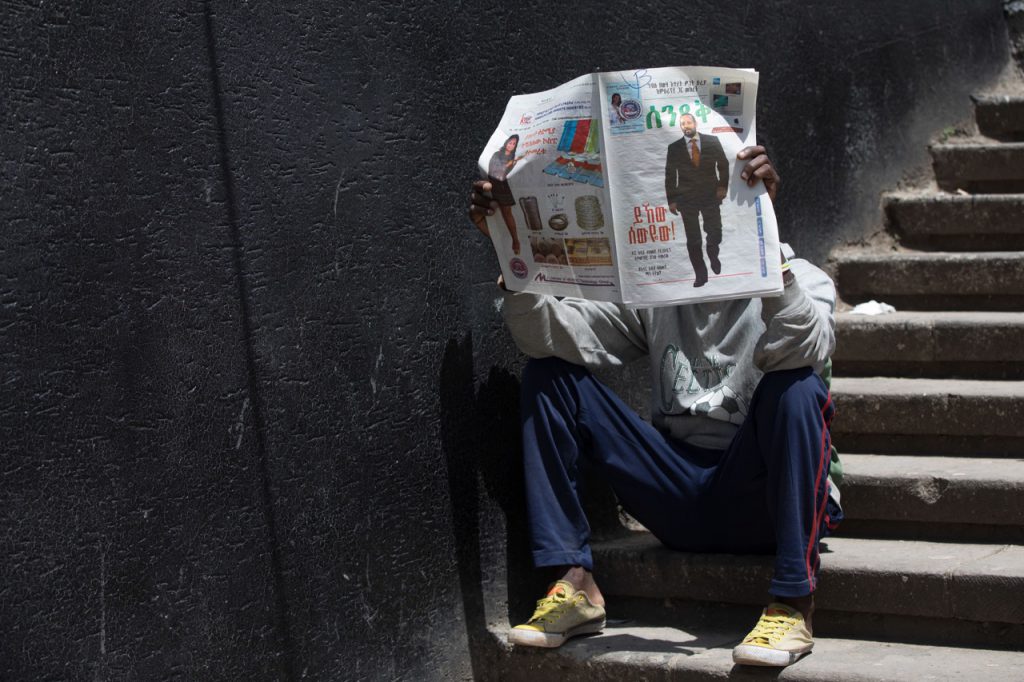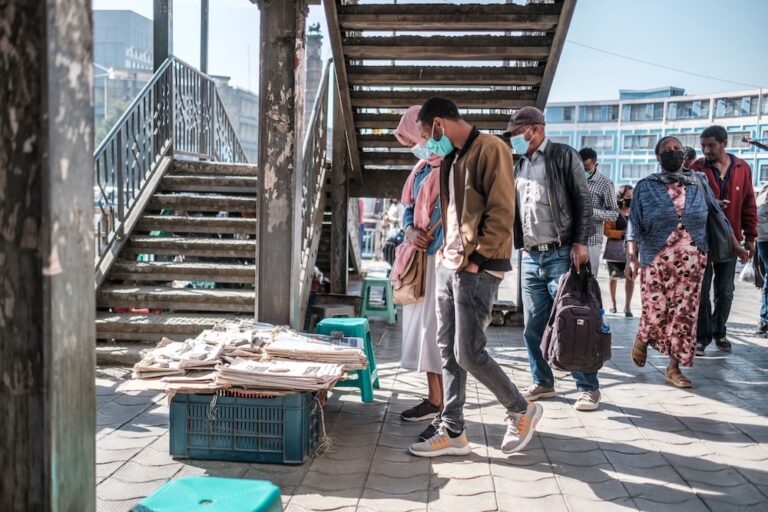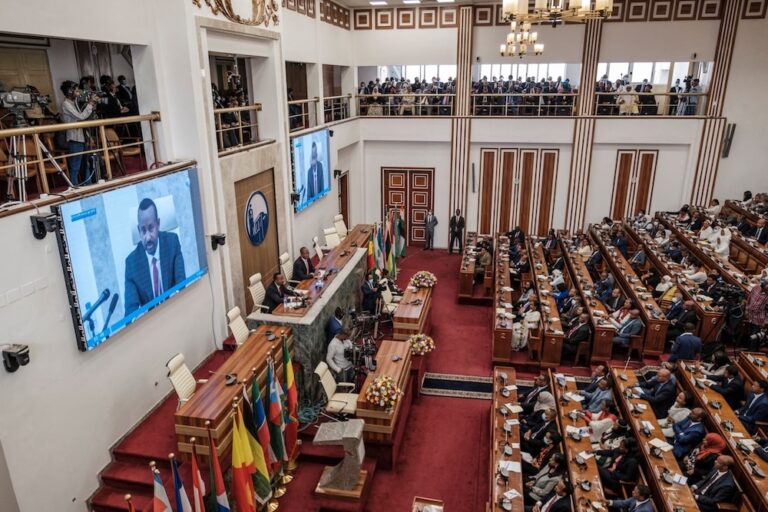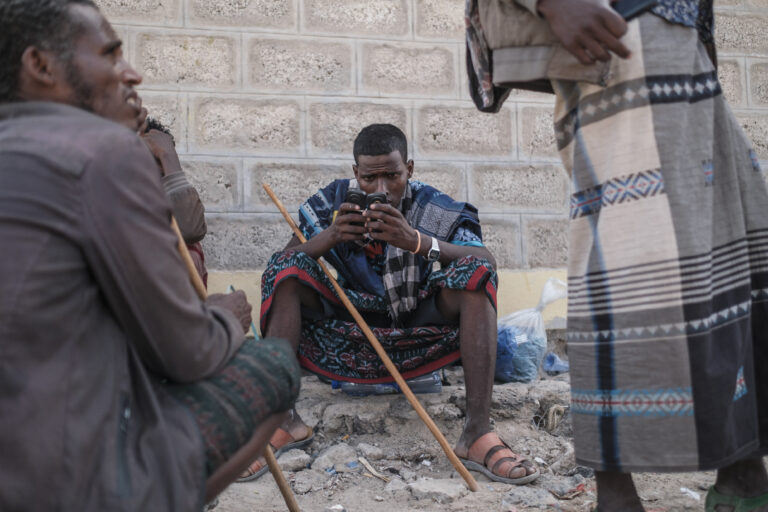Though the Ethiopian press is much freer today than before Abiy took power, CPJ spoke to over a dozen journalists and rights defenders who said that challenges remain, including the risk of attack and arrest, and a proposed law that could curtail their newly found freedoms.
The following is an excerpt of a 29 April 2019 CPJ blog post by Muthoki Mumo/CPJ Sub-Saharan Africa Representative.
During a trip to Addis Ababa in January, it was impossible to miss the signs that Ethiopian media are enjoying unprecedented freedom. A flurry of new publications were on the streets. At a public forum that CPJ attended, journalists spoke about positive reforms, but also openly criticized their lack of access to the government. At a press conference, journalists from state media and the Oromia Media Network, an outlet previously banned and accused of terrorism, sat side by side.
Mesud Gebeyehu, a lawyer who heads the Consortium of Ethiopian Rights Organizations, an alliance of human rights groups, told CPJ he had been on television “many times” in the past year to speak about human rights, an issue that was previously taboo for the media.
Ethiopia, which was one of the most-censored countries in the world and one of the worst jailers of journalists in sub-Saharan Africa, has gone through dramatic reforms under the leadership of Prime Minister Abiy Ahmed, who took office last April. In 2018 – for the first time in 14 years – CPJ recorded no journalists behind bars in its annual census. And the country ended its block of over 260 websites and ban on media outlets forced to work in exile.
“I was fighting for [press freedom], but I did not expect it to happen in such a short time,” said Abel Wabella, a journalist who was detained and charged with terrorism under the previous government.



